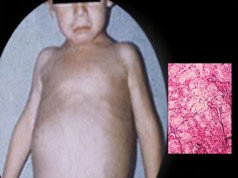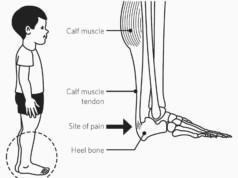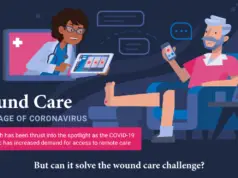When was the last time you had trouble sleeping? It happens to everyone at one time or another, but for some people it can become a chronic medical condition. Approaching insomnia in a way that promotes the most healthful sleep first is a great way to get your sleep patterns back in check.
The first and most important thing that you should know is that you have plenty of options before you ever reach for the sleeping pills.
What Is Insomnia?
Insomnia comes in several forms
- Acute insomnia is what we all have experienced at one time or another – brief and isolated incidences of being unable to sleep
- Chronic insomnia occurs when you are unable to sleep 3 or more nights a week for 3 or more months
- Comorbid insomnia happens when you have another condition or are taking medication for another condition that causes you to be unable to sleep
- Onset insomnia is when you have difficulty falling asleep
- Maintenance insomnia is when you are unable to stay asleep
There are a number of causes for insomnia, but the most common include stress, poor sleep habits, diagnosed or undiagnosed mental health disorders, unusual travel or work schedules, or even a poor diet.
Fortunately, many of these causes are things you can make minor lifestyle adjustments to address.
Getting Insomnia Into Check
If your insomnia is caused by a poor diet, crazy schedule, stress, or poor sleep habits, the good news is that those are fairly simple problems to fix. Make sure you turn off all your screens an hour before bedtime and don’t hang out in your room and do work – only go there to sleep.
Adjust your diet to eliminate the things that might be keeping your up at night. Focus on eliminating the stress in your life that is keeping you up at night, or try out yoga for relaxation before bedtime. If these things don’t help you sleep better, you still have one major technique to try.
What Is Sleep Hypnosis?
Most people think of a Vegas sideshow making people bark like dogs when they think of hypnosis. In reality, hypnosis can be a powerful tool to help you quit smoking, to help you lose weight, or even to help you sleep better.
Not only can hypnosis help you fall asleep faster, but 81% of people who have had success with sleep hypnosis have experienced deeper and more beneficial sleep from it.
Only about 17% of people have no ability to benefit from hypnosis, though everyone else falls on a scale from slightly to highly suggestible. For those people who are susceptible to sleep hypnosis, over 58% found it highly beneficial. Sleep hypnosis helps you to achieve better sleep by:
- Creating an optimal sleep environment
- Clearing the mind using relaxation techniques
- Releasing tension
- Conducting deep breathing exercises
- Visualizing a calming place
Learn more about sleep hypnosis and whether it can cure your insomnia from this infographic. It’s worth a try, especially if it can prevent you from becoming dependent on sleeping pills.














